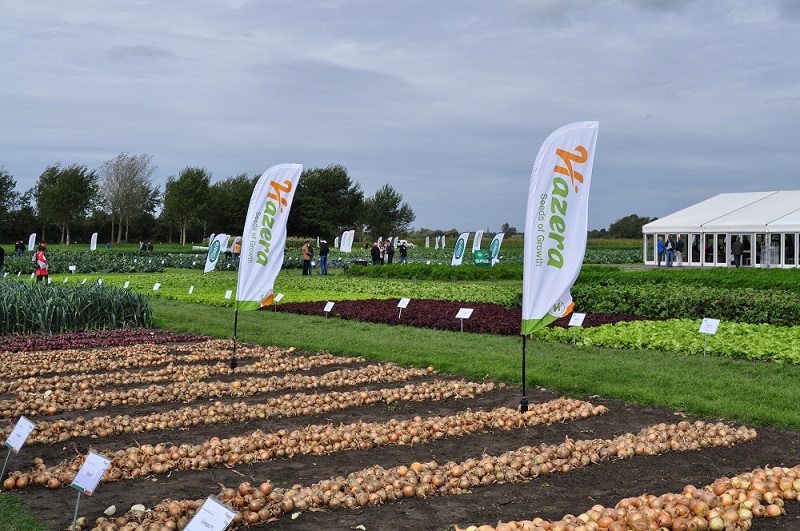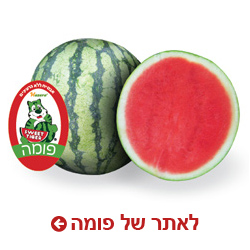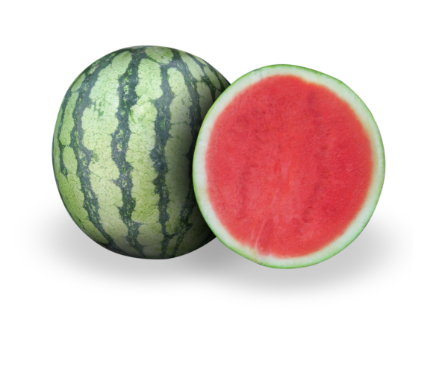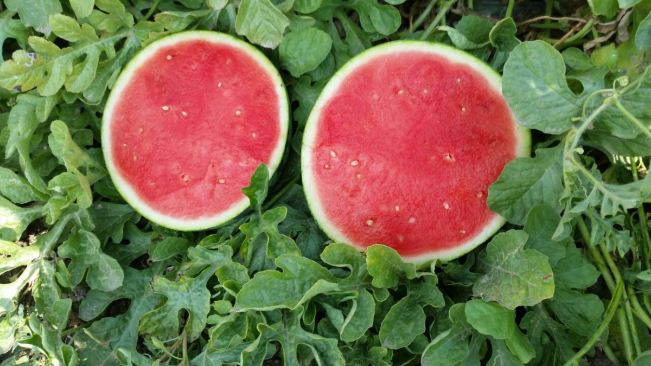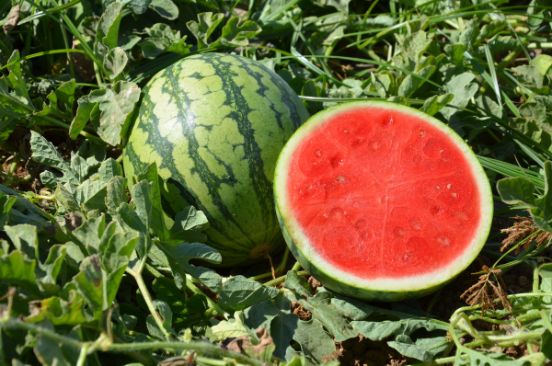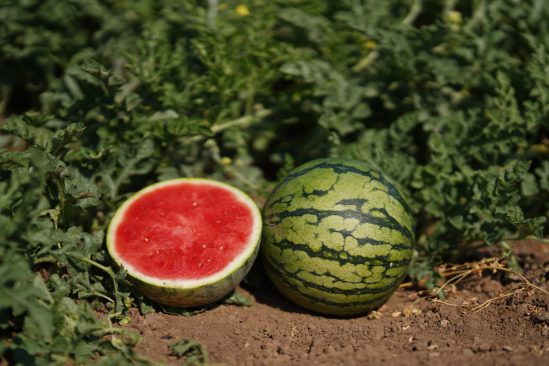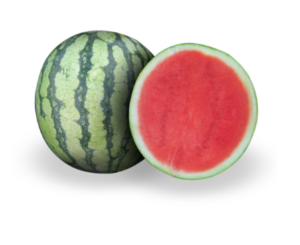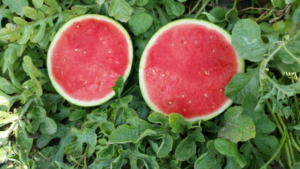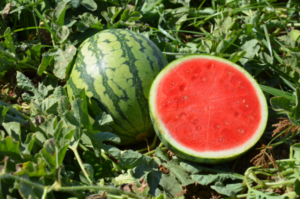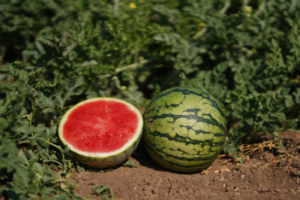פומה
פורץ דרך באיכותו, טעם מצוין, צבע אדום עז ואחידות גבוהה.
צורה: עגול
משקל: 2-3 ק”ג
קליפה: ירוק בהיר עם פסים כהים יותר
בריקס: גבוה מאוד
עונות שתילה מיטביות: אביב מוקדם, אביב, קיץ
המלצות אגרוטכניות: – מומלץ להרכיב על כנה TZ-148
– מומלץ דישון חנקני מופחת לשמירה על איכויות הפרי
– מומלץ קטיף סלקטיבי לקבלת איכות אופטימלית
פורץ דרך באיכותו, טעם מצוין, צבע אדום עז ואחידות גבוהה.
צורה: עגול
משקל: 2-3 ק”ג
קליפה: ירוק בהיר עם פסים כהים יותר
בריקס: גבוה מאוד
עונות שתילה מיטביות: אביב מוקדם, אביב, קיץ
המלצות אגרוטכניות: – מומלץ להרכיב על כנה TZ-148
– מומלץ דישון חנקני מופחת לשמירה על איכויות הפרי
– מומלץ קטיף סלקטיבי לקבלת איכות אופטימלית


